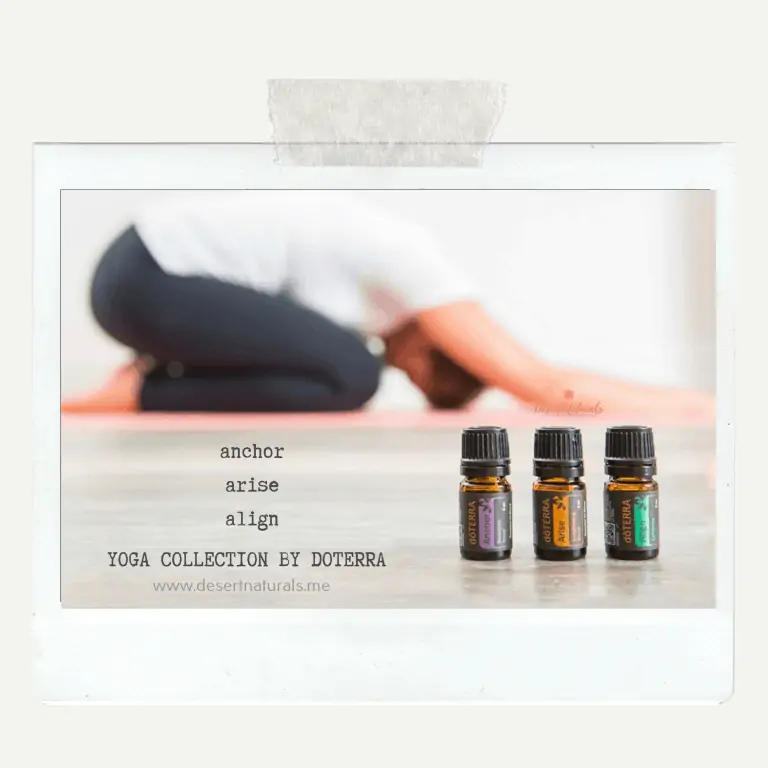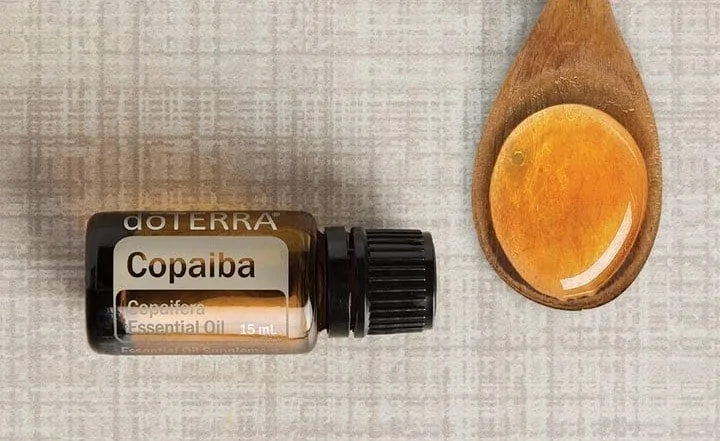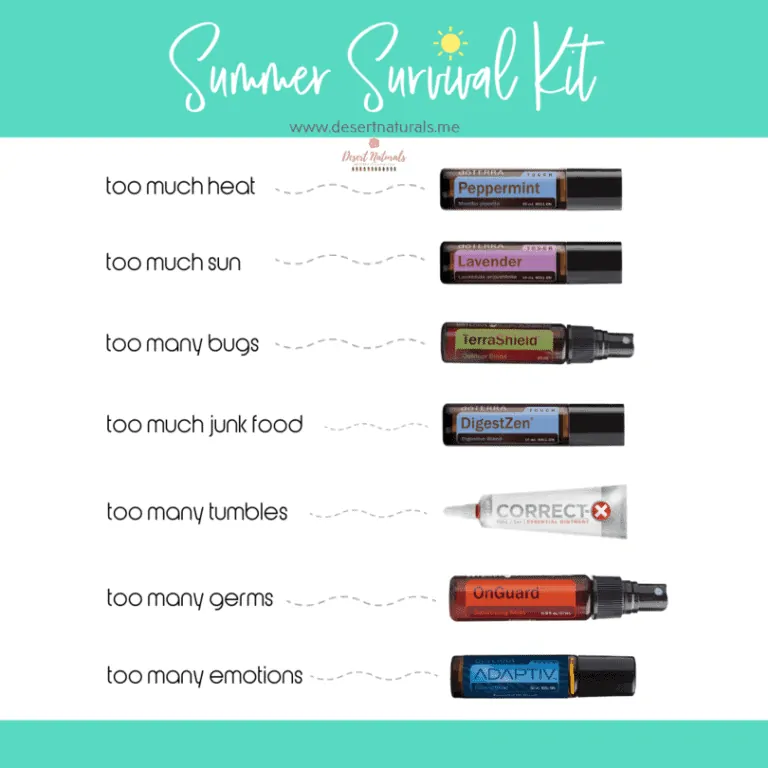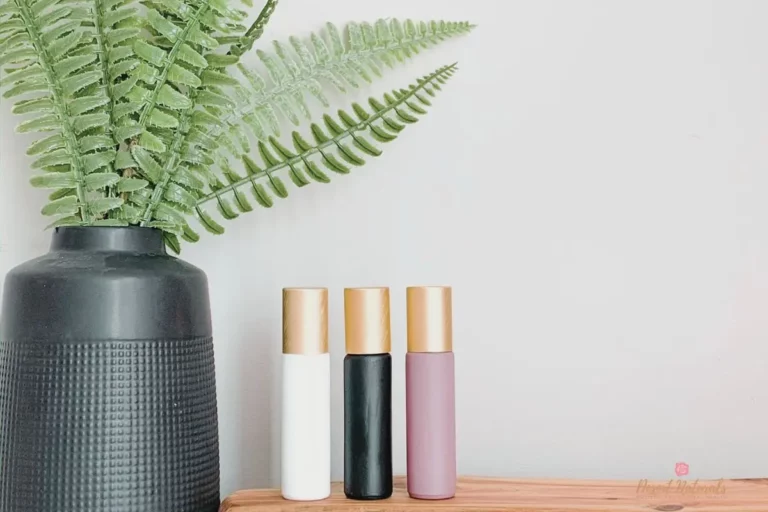Nighttime Rituals For An Anxious Mind
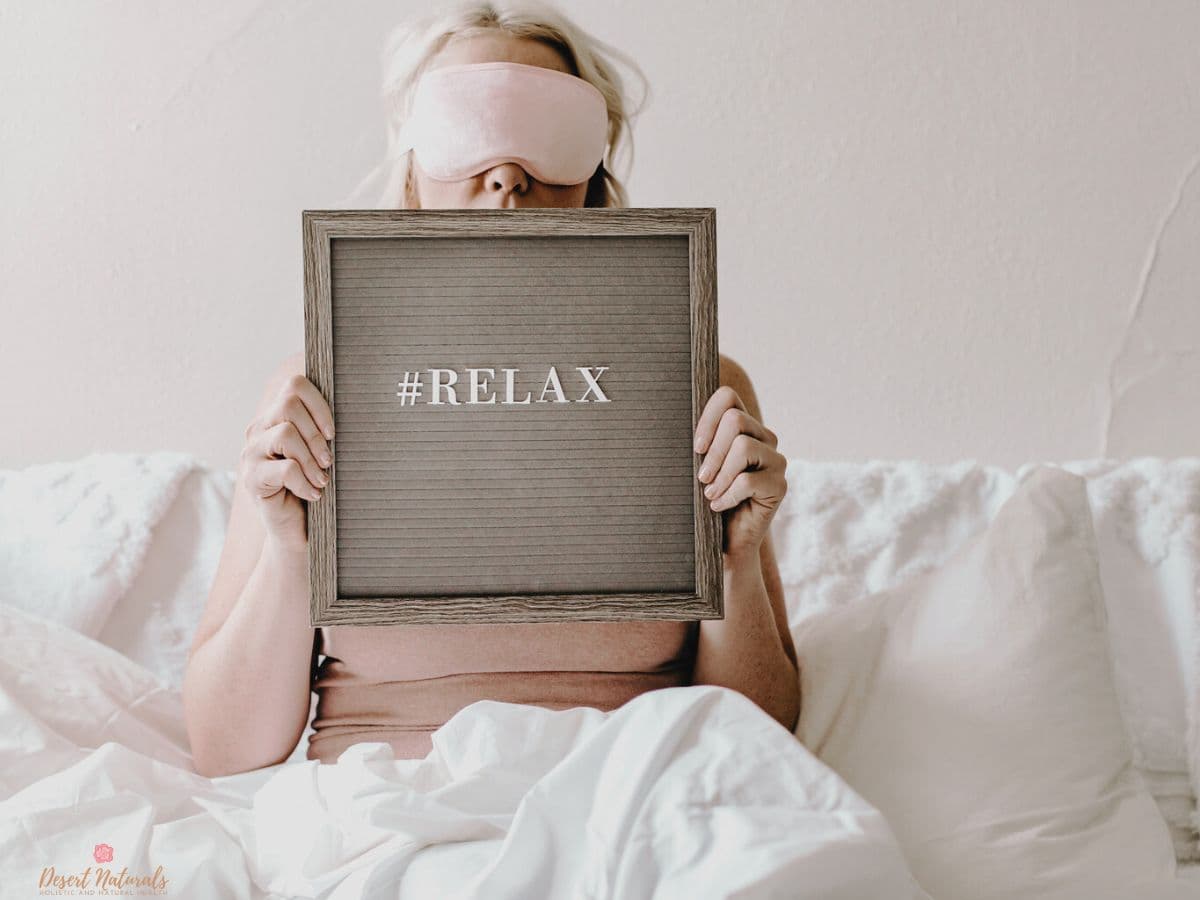
As the day’s hustle and bustle winds down and darkness falls, many of us look forward to sinking into the comfort of our beds and drifting off into a restful sleep. But for those wrestling with anxiety, the night can take on a different, more distressing character.
Anxiety, a state marked by persistent worry, unease, and heightened stress responses, can seriously disrupt our sleep patterns. It can keep us tossing and turning as our minds whirl with anxious thoughts, interrupt our sleep with bouts of panic, or make it difficult for us to fall asleep in the first place.
Why Sleep is So Important
Sleep, however, isn’t just a time for our bodies to recharge – it’s an essential component of our overall mental health. Quality sleep enhances our cognitive functions, like memory, attention, and decision-making, and plays a crucial role in mood regulation.
It helps us manage stress and lowers the risk of developing mental health disorders such as depression and, yes, anxiety. So, when anxiety interferes with our sleep, it can set off a detrimental cycle, intensifying the very anxiety that caused the sleep disturbances.
In this report, we’re going to explore a range of strategies designed to help those living with anxiety achieve better sleep and improved mental wellbeing. We’ll begin by delving deeper into the complex relationship between anxiety and sleep and the science behind why they’re so interconnected.
Then, we’ll present a variety of actionable tips and practices, from lifestyle modifications that can help manage anxiety, to specific nighttime routines and rituals aimed at fostering a state of relaxation conducive to quality sleep. We’ll also touch on professional treatments such as therapy and medication.
Our aim is to equip you with a toolkit of strategies that can help you break the cycle of anxiety and sleep disruption, leading to restful nights and more peaceful days. Remember, everyone’s experience with anxiety is unique, and so the solution will not be one-size-fits-all. We encourage you to approach this report with an open mind, try different techniques, and discover what works best for you in your journey towards better sleep and mental health.
Understanding Anxiety and Its Impact on Sleep
Anxiety and sleep have a complex, often challenging relationship. For those struggling with anxiety, understanding this relationship can be the first step towards finding solutions for better sleep and improved mental wellbeing.
Let’s start by delving into how anxiety can disrupt our sleep from both a physiological and psychological perspective. Physiologically, anxiety activates our body’s stress response system, also known as the ‘fight or flight’ response.
This response releases stress hormones like adrenaline and cortisol, which increase heart rate, blood pressure, and alertness – all things that are helpful when we need to respond to a threat, but not so helpful when we’re trying to drift off to sleep.
Psychologically, anxiety can lead to racing thoughts and excessive worrying that makes it difficult to relax and fall asleep. This can range from general concerns about the day’s events to specific worries about not getting enough sleep, which can ironically keep us awake. Anxiety can also lead to nightmares or night sweats, which can disrupt our sleep further.
These sleep disruptions can, in turn, exacerbate anxiety, creating a vicious cycle. Lack of sleep can increase our body’s production of stress hormones, making us more susceptible to feelings of anxiety. It can also affect our mood and cognitive function, which can lead to increased worry and stress. Over time, this can result in chronic sleep deprivation, which has been linked to a range of mental health issues, including heightened anxiety and depression.
Research has consistently shown the deep interconnection between anxiety and sleep. Studies have found that people with anxiety disorders are more likely to suffer from sleep disorders, and vice versa.
For instance, a study published in the journal ‘Sleep’ found that adults with insomnia were more than twice as likely to develop an anxiety disorder. Another study found that people with anxiety disorders were significantly more likely to report sleep disturbances.
So, it’s clear that anxiety and sleep are closely interwoven, each one impacting and being impacted by the other. This might sound daunting, but the good news is that by addressing one, we can often improve the other.
In the following sections, we’ll explore practical strategies and tips to manage anxiety and promote better sleep, helping to break this vicious cycle and foster improved mental health.
General Tips For Managing Anxiety
Managing anxiety, especially when it interferes with our sleep, often requires a holistic approach that includes lifestyle changes, professional help, and in some cases, medications or natural supplements. Let’s delve into some of these strategies.
Exercise
Exercise is one of the most effective ways to manage anxiety. Regular physical activity helps to reduce the body’s stress hormones, such as cortisol, and stimulate the production of endorphins, which are natural mood lifters.
It doesn’t have to be anything strenuous; even a brisk 30-minute walk can make a difference. Try to incorporate exercise into your routine, but remember to avoid intense workouts close to bedtime as they can sometimes interfere with sleep.
Balanced Diet
A balanced diet also plays a crucial role in managing anxiety. Certain foods, like those high in sugar or caffeine, can increase feelings of anxiety and disrupt sleep. On the other hand, foods rich in nutrients like magnesium (found in leafy greens and nuts), omega-3 fatty acids (found in fatty fish and flaxseeds), and vitamin B6 (found in bananas and avocados), can help reduce anxiety.
Mindfulness and Meditation
Practices like mindfulness and meditation can also be highly effective. Mindfulness involves focusing on the present moment, which can help to reduce anxious thoughts about the past or future. Meditation, especially guided relaxation or deep breathing exercises, can help to calm the mind and body, making it easier to fall asleep.
Therapy
Professional help can also be invaluable in managing anxiety. Therapists and psychologists trained in cognitive-behavioral therapy (CBT) can help you identify and challenge the thought patterns that lead to anxiety, and provide techniques to manage it. Never hesitate to seek professional help if anxiety is impacting your life.
Medications
Finally, medications and natural supplements can also be part of the solution. Prescription medications, like selective serotonin reuptake inhibitors (SSRIs) or benzodiazepines, can be effective for some people. Natural supplements, like chamomile, valerian root, or melatonin, can also help promote relaxation and sleep. Always consult with a healthcare provider before starting any new medication or supplement.
Nighttime Habits For A Calmer Mind
Creating a serene and calming nighttime routine can be instrumental in managing anxiety and promoting better sleep. Let’s explore some practices that can help transform your nights from a source of stress into a sanctuary of peace.
Improve Your Sleep Schedule
Maintaining a regular sleep schedule is key. The human body is known to thrive when thrust into routines; we have internal biological clocks, known as circadian rhythms, which regulate when we feel alert and when we feel tired. By falling asleep and trying to awaken at the same times each day, especially on the weekends too, you can help to regulate your body’s clock and improve your sleep.
Develop Relaxation Techniques
Incorporating relaxation techniques into your nighttime routine can also be beneficial. One simple yet effective method is deep breathing exercises. By focusing on slow, deep breaths, you can help to calm your mind and body. Progressive muscle relaxation, which requires you to practice tensing and then releasing various groups of muscles, can also be helpful. This technique promotes physical relaxation, which can result in mental relaxation all around.
No Screens Before Bed
Technology has a significant role in our modern lives, but it can significantly disrupt our sleep. The blue light emitted by screens can inhibit the production of melatonin, the hormone that regulates sleep. Try to limit exposure to screens for at least an hour before bed. If you must use a device, consider using a blue light filter or wearing glasses that block blue light.
Improve Your Sleep Environment
Lastly, don’t underestimate the impact of your sleep environment on your ability to fall asleep and stay asleep. Start with your bedding: a mattress that is comfortable and effective as well as proper and sleep inducing pillows can result in a huge difference. Room temperature also matters; a cooler room is generally more conducive to good sleep. Consider using a fan or adjusting your thermostat to find a temperature that’s comfortable for you.
Noise and light control are also important. A quiet, dark environment is best for sleep. Consider using earplugs, a white noise machine, or a fan to block out disruptive noises. Eye masks or blackout curtains can be helpful if light is an issue.
Pre-Sleep Rituals To Alleviate Anxiety
Pre-sleep rituals are an essential part of a healthy nighttime routine, especially for those battling anxiety. Winding down before bed sends a signal to your body and mind that it’s time to transition from the busyness of the day to the calm of the night, making it easier to fall asleep and stay asleep.
Reading Before Bed
There are numerous activities you can engage in that can promote relaxation. One simple but effective pre-sleep ritual is reading. Whether it’s a novel, a collection of short stories, or a book about a topic you’re interested in, reading can help distract your mind from anxious thoughts and ease you into a state of relaxation. However, try to avoid intense thrillers or suspenseful books that could leave you feeling more alert.
Listen to Relaxing Music
Listening to calming music or nature sounds can also help to relax your mind and body. There’s something inherently soothing about the sound of rain falling, waves crashing, or even just the soft strumming of a guitar. Experiment with different types of sounds to find what works best for you.
Take a Relaxing Bath
A warm bath before bed can also work wonders. The warm water can help to relax your muscles and the quiet time can provide a perfect opportunity to practice mindfulness, focusing on the sensation of the water against your skin and the moment of tranquility.
Journal
Journaling can also be a powerful tool for managing anxious thoughts. Spending a few minutes each night writing about your worries, fears, or even things you’re grateful for can help to quiet your mind. This practice allows you to externalize your thoughts and feelings, which can make them feel more manageable and less overwhelming.
These are just a few examples of pre-sleep rituals that can help to alleviate anxiety. Feel free to experiment with different activities and find the ones that work best for you.
Diffuse Calming Essential Oils
Adding calming essential oils to a diffuser in your room can help create a soothing environment. Certain essential oils are known to help calm the mind and body, relieve stress, and help shut down that racing brain.
Add a diffuser to the room where you are unwinding before bed and doing the previously mentioned activities. Add some calming essential oils and let the soothing scent help you relax while you journal, bathe, or read.
Check out my article on the best essential oil oils to use for sleep to help give you some ideas on which essential oils to use.
And here some some relaxing deep sleep diffuser blends specifically to help you fall into a deep sleep.
Addressing Nighttime Anxiety and Insomnia
Nighttime anxiety can sometimes escalate to more severe issues, such as panic attacks or insomnia. Understanding how to manage these situations can help you regain control and get the restful sleep you need.
Nighttime panic attacks, characterized by intense feelings of fear and physical symptoms like heart palpitations, sweating, or trembling, can be extremely distressing. If you experience a panic attack at night, try to remember that the sensations are temporary and not harmful. Practicing deep, slow breathing can help to calm your body’s fight-or-flight response and reduce the intensity of the symptoms. It’s also beneficial to seek professional help to learn more strategies for managing panic attacks.
Waking up anxious in the middle of the night can be a frustrating experience, but there are techniques to help you return to sleep. First, try not to clock-watch. Seeing the time can increase anxiety about not getting enough sleep.
Instead, focus on relaxing your body and mind. Deep breathing or progressive muscle relaxation can be helpful. If you find that you’re unable to fall back asleep after about 20 minutes, it can be helpful to leave the bedroom and engage in a quiet activity, like reading, until you feel sleepy again.
If insomnia persists, cognitive behavioral therapy for insomnia (CBT-I) can be highly effective. This therapy focuses on changing behaviors and thoughts that interfere with sleep. It may involve techniques such as sleep restriction, which limits the time spent in bed to match the actual time spent sleeping, and stimulus control, which associates the bed and bedroom with sleep and nothing else. A trained professional can guide you through this process.
Closing Thoughts: Where Do You Go From Here?
In this journey through the night, we’ve explored numerous strategies and practices to alleviate anxiety and promote restful sleep. We’ve talked about the complex relationship between anxiety and sleep, the importance of managing anxiety through lifestyle changes, and the role of professional help and medications or supplements.
We’ve also highlighted the significance of developing a consistent sleep schedule, nighttime relaxation techniques, mindful exposure to screens, and creating a conducive sleep environment.
Moreover, we’ve delved into the power of pre-sleep rituals such as reading, listening to calming sounds, taking warm baths, and journaling. We’ve also shed light on how to manage more severe nighttime anxiety issues like panic attacks and insomnia, and the role of cognitive behavioral therapy for insomnia (CBT-I).
It’s crucial to remember that change takes time, and implementing new habits can be challenging. Patience and persistence are your allies in this process. Some nights will be better than others, and that’s okay. Don’t be disheartened if progress seems slow; the journey to better sleep isn’t a sprint, but a marathon.
And remember, you don’t have to face this alone. If anxiety continues to interfere with your life or your sleep, seeking professional help is a sign of strength, not weakness. Therapists, psychologists, and psychiatrists can provide valuable support and guidance.
Before You Go, See What’s New On The Blog

Dawn Goehring
Dawn Goehring is the founder of Desert Naturals where she writes educational articles on essential oils, DIY’s on natural beauty products, homemade cleaners, and provides related essential oil accessories like planners, trackers, tshirts, and custom designed essential oil storage. She has been featured in articles on Porch.com, Redfin.com, MommyOnPurpose and more.
Dawn has earned an aromatherapist degree and has earned a doTERRA essential oil specialist certification which is a fancy way of saying she has learned a lot about the chemistry of essential oils and how they work in the body.









